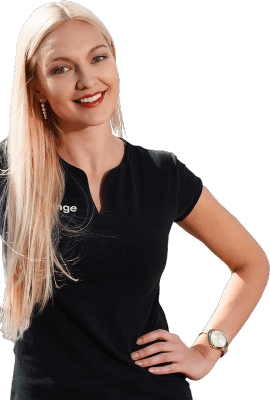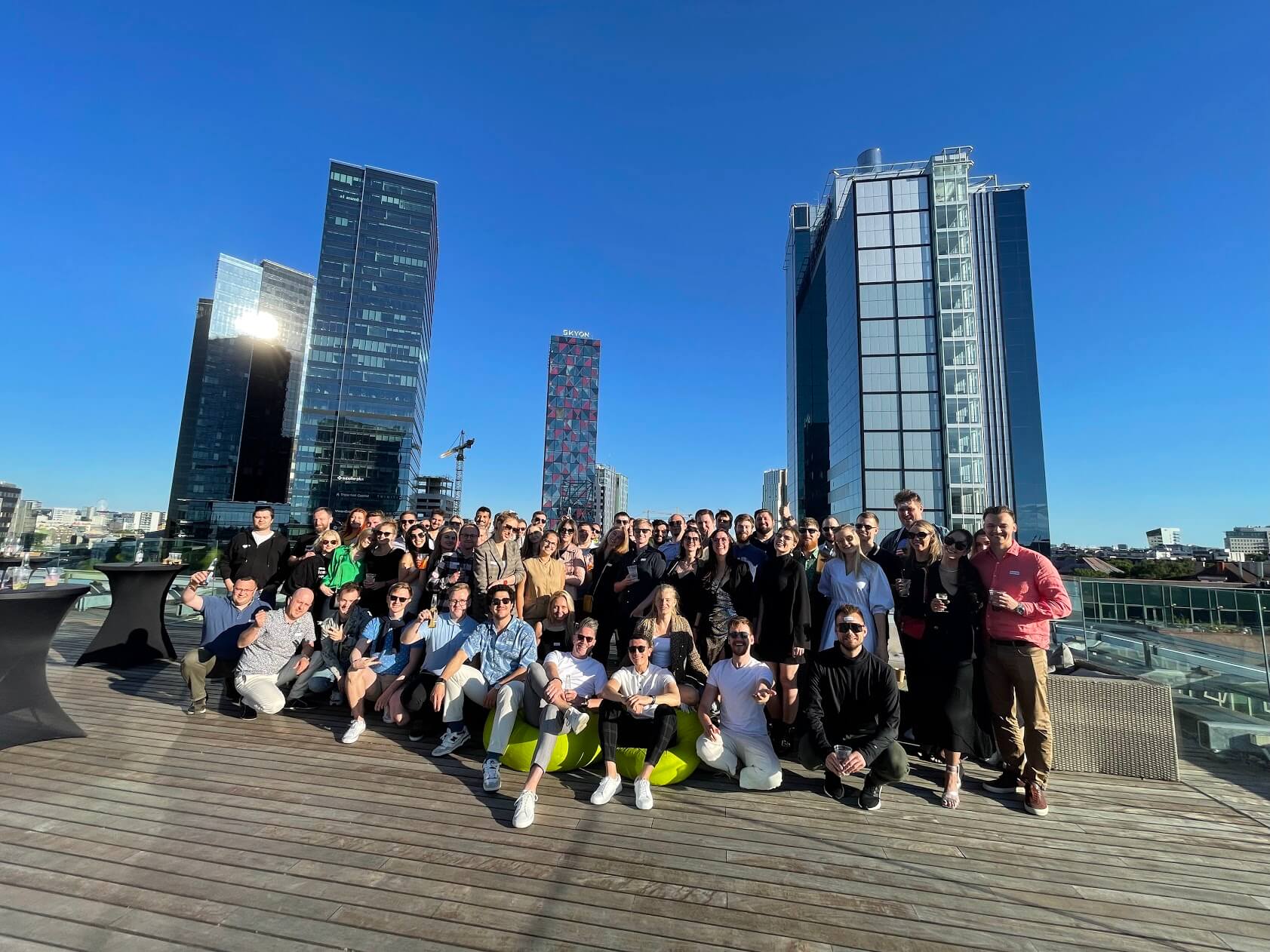Sometimes when a company focuses on diversity and inclusion, it is starting from zero – the firm isn’t known either way as a good or bad place for diverse talent to work and no-one has really given much thought to the issue before. But other companies start at less than zero.
Technology start-ups in general are not known for their diversity. Thanks to TV, movies, and media reports, the public stereotype of this type of high-growth company is as bastions of “tech bro” culture, full of young men in hoodies playing ping pong between all-hours coding sessions. The cryptocurrency sector has an even more laddish reputation, an image that is supported by data. One survey showed 86 per cent of those involved in the bitcoin community are men.
So if your industry has a reputation as being among the least welcoming spaces around, how do you start to turn around perceptions? And how do you convince diverse, specialist talent to come help build what is still essentially a dream?
Countering crypto stereotypes
“What I truly believe is the key is having this very clear set of shared values,” says Alice Tärk, the head of people at Change, an Estonia-based bitcoin exchange. Tärk’s boss, Change founder and CEO Kristjan Kangro, agrees. He too is an outspoken advocate for building a more inclusive crypto community.

Changing attitudes: Alice Tärk, head of people at Change, an Estonia-based bitcoin exchange
“From the very start, diversity was king,” he has written about founding Change. “It wasn’t just about finding people with the right skills or experiences but ensuring we reached out to as many people from different genders, age groups, races, ethnicities and cultural backgrounds as possible. For us, it really is a case of the more – and the more different – the merrier.”
As a result of this early commitment to diversity, more than 40 per cent of Change’s executive team is female; the team is made up of talent from 21 countries. The company works hard to ensure that all of those hires are on board with Change’s commitment to inclusivity.
“Probably 60–70 per cent of our recruitment process is actually built upon these values. We want to understand what people are looking for. The hard skills we can learn, but the belief in our mission needs to be there,” explains Tärk. ”You end up with the team who very strongly feels that these are their personal values as well.”
The company digs into candidates’ commitment to diversity during the interview process, but it also makes sure its own values are on display as well. “We always try to always include as many kinds of different seniority levels, different nationalities, different people,” Tärk says. The existing employee diversity on display helps attract candidates from different backgrounds to the company.

Change CEO Kristjan Kangro: “From the very start, diversity was king... ensuring we reached out to as many people from different genders, age groups, races, ethnicities and cultural backgrounds as possible”
“You have this kind of experience, ‘OK it’s this weird small country that I’ve never heard about but the team really is from everywhere,’” laughs Tark, acknowledging that a small Baltic start-up often has to work extra hard to sell itself to international talent.
Change is also doing its part to increase the pipeline of diverse talent interested in the sector. Thanks to gender stereotypes children are exposed to from early childhood, too many girls opt out of a career in tech far upstream of the point where companies such as Change can begin to pitch them. “We are really breathing this mindset that there are boys’ games and girls’ games pretty much since we’re born,” Tärk believes. That’s why Change encourages its female executives to play an active role in publicly evangelising for the company and for the sector.
“Our head of information security is a young woman. She is really a female in a boys’ world, because InfoSec is still a boys’ club in every sense. We really encourage her to go to speak to anyone who is ready to listen, from schools to corporations. We offer everybody paid days off to be able to do this. Companies are in a really powerful position of showing this externally and if we all do this, we would be in a much better place, much faster,” Tärk argues.
Bringing together people who see the same thing in different ways helps us continue to come up with fresh, novel ideas and open the doors to innovation
Kristjan Kangro, founder and CEO of Estonia-based bitcoin exchange, Change
Broader viewpoints, better ideas
Change puts in all this effort not simply out of an altruistic impulse to improve the culture. Like
many companies, it understands that more viewpoints on the team leads to more and better
ideas for the business. “Bringing together people who see the same thing in different ways
helps us continue to come up with fresh, novel ideas and open the doors to innovation,” says
Kangro.
More from CMI
Tärk makes the same case as her CEO. “Today we are live in 30 European countries and you would think that Europe is one market, but if you look into specific challenges that an average Estonian is facing when it comes to their personal finances versus an average person in Spain, they’re actually extremely different,” she says. “This is why we really like to have different team members who can personally represent these differences.”
There remains a long way to go when it comes to making the tech sector in general – and crypto in particular – more reflective of society. But for Change the work is worth it. Diversity on the team attracts more diversity, and the broader the lived experience the company can mine, the broader the customer base it can effectively serve.
